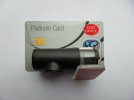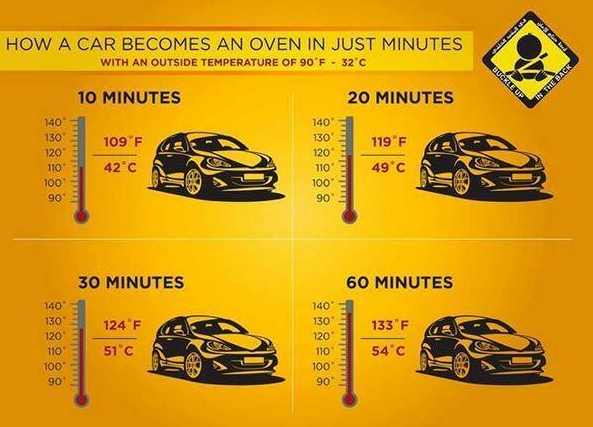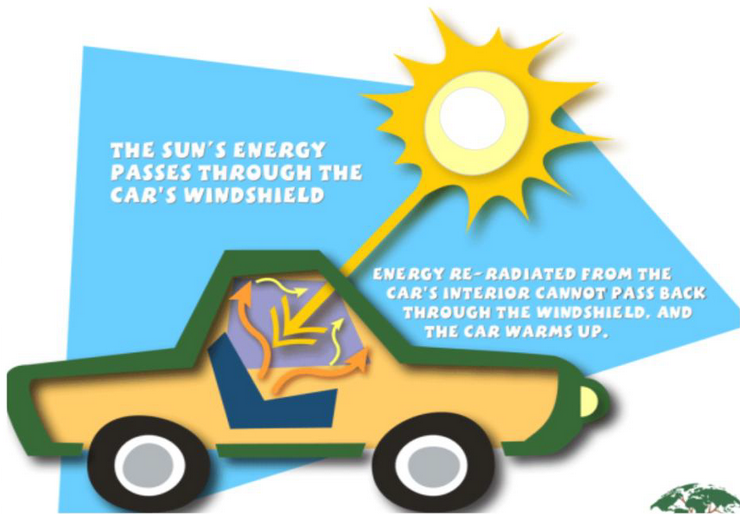Timothy Downing
New Member
- Joined
- Jun 29, 2015
- Messages
- 1
- Reaction score
- 0
- Country
- Australia
Hi guys, just about to purchase my first dash cam and want to see if anyone here has thoughts on which one I should go for.
My requisites are:
- Less than $250 (AUD)
- Discreet
- Med to high quality image
- Reliable
- Good support if something goes wrong with it.
I can get the Street Guardian SG9665GC for around $235 locally or the Mini 0805 for $159 via an online (Australian) seller.
I've read that the guys at Street Guardian (specifically Jokiin) stand behind their products pretty well but don't know whether this is enough to make their more expensive cam worth going with.
Let me know what you think.
Thanks,
Tim
My requisites are:
- Less than $250 (AUD)
- Discreet
- Med to high quality image
- Reliable
- Good support if something goes wrong with it.
I can get the Street Guardian SG9665GC for around $235 locally or the Mini 0805 for $159 via an online (Australian) seller.
I've read that the guys at Street Guardian (specifically Jokiin) stand behind their products pretty well but don't know whether this is enough to make their more expensive cam worth going with.
Let me know what you think.
Thanks,
Tim



